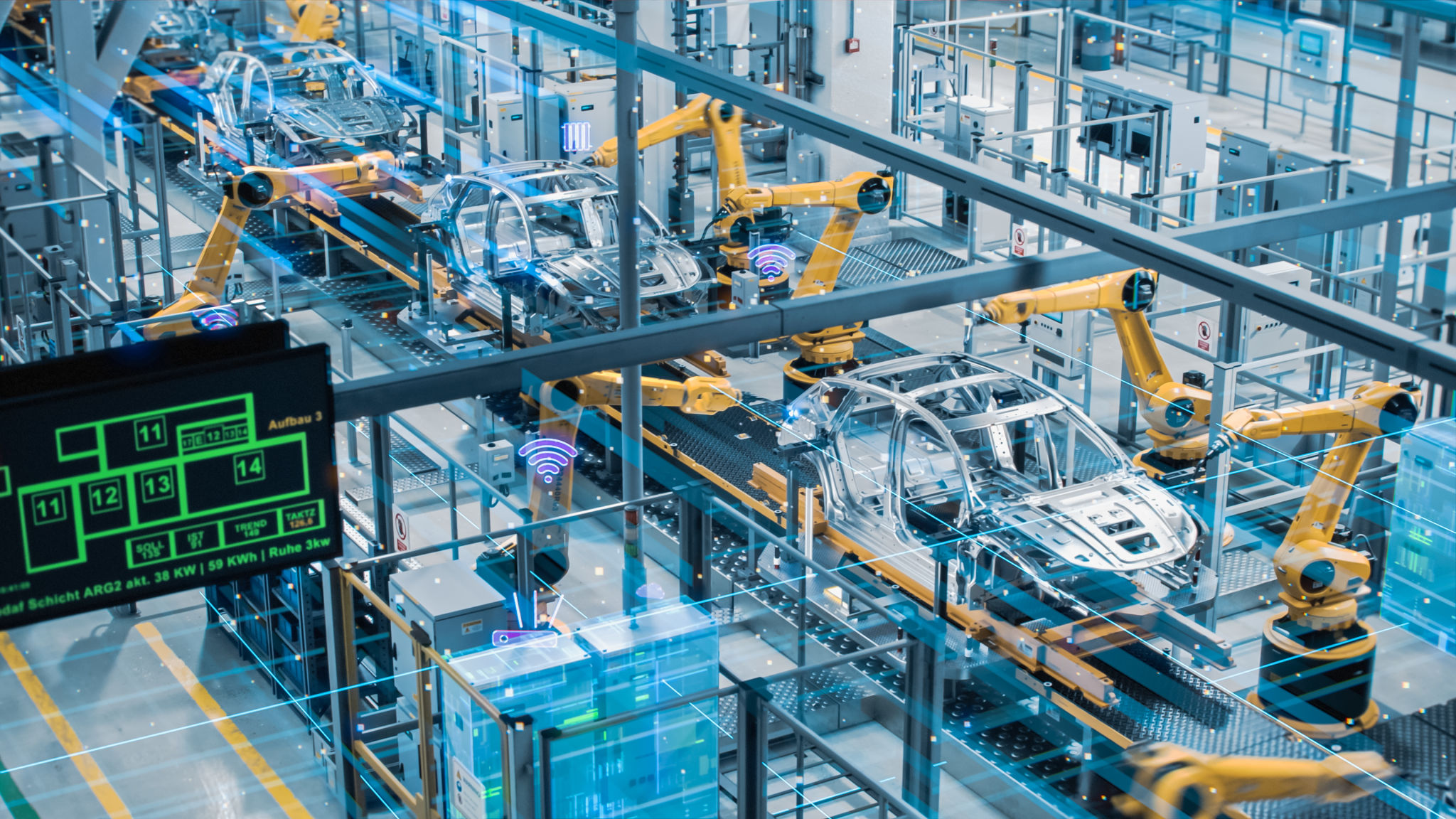The Future of Manufacturing: Exploring Innovations in Delhi's Industrial Sector
Technological Advancements in Manufacturing
The industrial landscape in Delhi is undergoing a remarkable transformation, driven by technological advancements. As the city adapts to the demands of modern manufacturing, businesses are increasingly leveraging innovations to enhance efficiency and productivity. These advancements are setting a new benchmark for manufacturing excellence in the region.
One significant development is the integration of Industry 4.0 technologies, including the Internet of Things (IoT), artificial intelligence (AI), and robotics. These technologies are enabling manufacturers to automate processes, reduce errors, and improve precision. The use of smart machinery and real-time data analytics is revolutionizing the way factories operate, making them more intelligent and responsive.

Sustainability in the Manufacturing Sector
As environmental concerns become more pronounced, sustainability has become a key focus for manufacturers in Delhi. The sector is witnessing a shift towards eco-friendly practices that minimize waste and reduce carbon footprints. Innovations such as energy-efficient machinery and sustainable sourcing of raw materials are becoming standard practice.
Moreover, the adoption of circular economy principles is encouraging manufacturers to design products with end-of-life recycling in mind. This approach not only supports environmental goals but also offers cost savings by reusing materials. Delhi's industrial sector is poised to lead by example in implementing sustainable manufacturing practices.

Skilling the Workforce for the Future
To fully capitalize on these innovations, there is a pressing need to upskill the workforce. Delhi’s manufacturing sector is investing in training programs that equip workers with the skills required to operate advanced machinery and understand complex data systems. By doing so, businesses are ensuring that their workforce remains competitive and capable of driving innovation.
Collaborations between industry and educational institutions are also playing a crucial role in bridging the skills gap. Tailored courses and workshops are being designed to address the specific needs of manufacturers, fostering a culture of continuous learning and adaptation.

Government Initiatives and Support
The government's support is pivotal in fostering innovation within Delhi's manufacturing sector. Policies aimed at incentivizing research and development are encouraging businesses to invest in new technologies. Additionally, infrastructure improvements are facilitating smoother operations and attracting foreign investment.
The establishment of industrial clusters and special economic zones (SEZs) is further enhancing the sector's growth prospects. These initiatives provide manufacturers with the resources and support needed to thrive in a competitive global market.
Challenges and Opportunities
Despite these advancements, the manufacturing sector in Delhi faces several challenges, such as supply chain disruptions and regulatory complexities. However, these challenges also present opportunities for businesses to innovate and develop resilient strategies.
Companies that can adapt to changing market demands and embrace digital transformation will be well-positioned to succeed. The future of manufacturing in Delhi promises to be dynamic, with ample opportunities for growth and innovation.

Conclusion
Delhi's industrial sector is on the cusp of a new era of innovation. With continued investment in technology, sustainability, and workforce development, the city is set to become a leader in modern manufacturing practices. As businesses navigate this evolving landscape, they will play a crucial role in shaping the future of manufacturing in India.
The journey ahead is filled with potential, and those who embrace these changes will undoubtedly reap the rewards of a forward-thinking approach to manufacturing.
